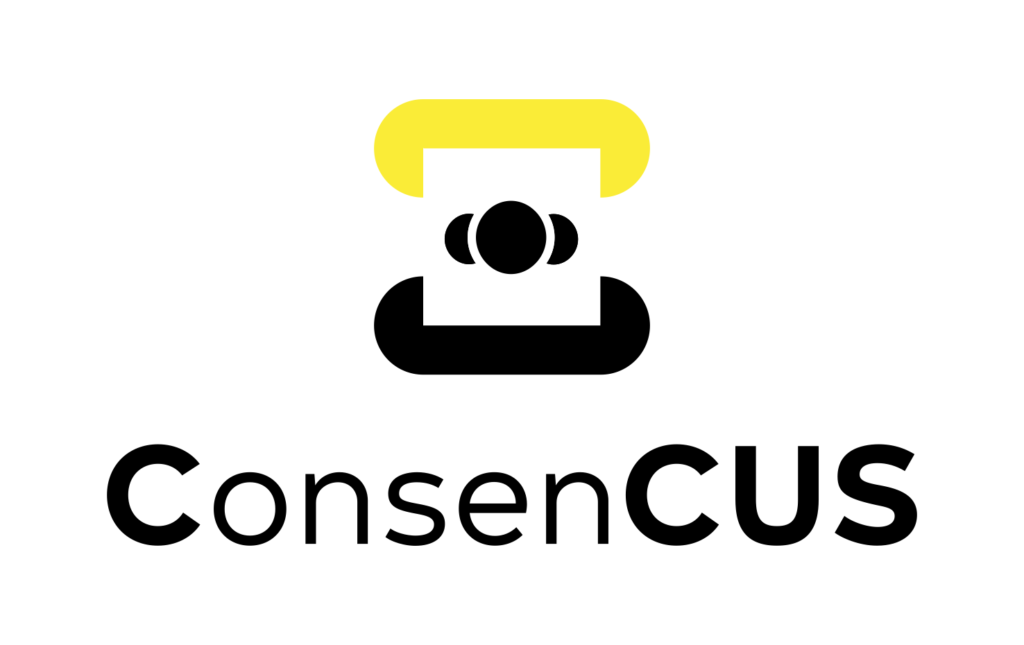Is using renewable electricity to capture and convert industrial CO2 emissions realistic at a large scale? Wetsus will answer this question in a new European project called ConsenCUS – Carbon neutral clusters through electricity-based innovations in Capture, Utilisation and Storage.
From May 1, 2021, over €13 million of European funds and private investments will enable scaling up technological innovations and conducting socio-economic research. Within the ConsenCUS project, a mobile demo plant will be constructed to capture up to 0.1 ton CO2/h at three different industrial sites across Europe (cement, oil refinery, and magnesia), and convert it to useful chemicals (potassium formate and formic acid). In the same locations, we will study how “CO2 clusters” will bring opportunities and challenges to the local economy, geology, and community.
International cooperation for an international challenge
Several crucial European industrial sectors emit CO2 as an inherent part of their production process (e.g. cement, magnesia, or refinery). To meet European climate targets, such CO2 emissions need to be captured and used or stored. So far, carbon capture, utilization, and storage (CCUS) only takes place in a few locations worldwide, often using additional fossil fuels to regenerate the CO2-absorbing materials. Within the ConsenCUS project, we will upscale a novel approach of CO2 capture and conversion using only (green) electricity, to demonstrate a fully sustainable and climate-neutral solution. Moreover, ConsenCUS will explore innovations in designing so-called “CO2 clusters”, where regional companies can work together with governments and citizens to make smart investments in shared infrastructures (e.g., pipelines or temporary storage locations) to reach net-zero carbon emissions safely.
The strategic role of Wetsus in ConsenCUS
Within the ConsenCUS project, Wetsus will lead the R&D activities on the optimization and upscaling of the CO2 capture technology, based on experience gained in the past years within the Wetsus ‘Sustainable Carbon Cycle’ theme. The capture technology will be based on CO2 absorption in alkaline blends, followed by an electrochemical regeneration/desorption step. In particular, Wetsus will focus on strategies to optimize the cell design at industrially-relevant current densities (1-10 kA/m2), and on the construction and demonstration of the pilot-scale electrochemical unit. The research will be performed in close collaboration with academic and industrial partners, such as Danish Technical University, Aalborg Portland, Heriot-Watt University, Grecian Magnesite, OMV Petrom, Zhejiang University, Shanghai Jiao Tong University, and University of Calgary.
About ConsenCUS
ConsenCUS is a ConsenCUS is a 4-year European collaborative project funded within the Horizon 2020 Innovation Action framework. The project aims to combine electricity-driven carbon capture and conversion with safe transport and/or storage through economically viable networks and clusters, with specific attention on the interaction between local communities and technological developments. The ConsenCUS project is led by New Energy Coalition and University of Groningen, and gathers 19 industrial and academic partners from seven countries (The Netherlands, Denmark, United Kingdom, Romania, Greece, China, and Canada). The consortium consists of University of Groningen, New Energy Coalition, Wetsus, Coval Energy, Danish Technological University, Geological Survey of Denmark & Greenland, Danish Gas Technology Centre, Aalborg Portland, Heriot-Watt University, Robert Gordon University, OGTC Ltd, British Geological Survey, Center for Research and Technology Hellas, Grecian Magnesite, OMV Petrom, Energy Policy Group, Zhejiang University, Shanghai Jiao Tong University, and University of Calgary.
Contacts:
ConsenCUS project coordinator: Dr. Pim Frederix, New Energy Coalition, project leader Wetsus: Dr. Michele Tedesco


This project has received funding from the European Union’s Horizon 2020 research and innovation programme under grant agreement No101022484
